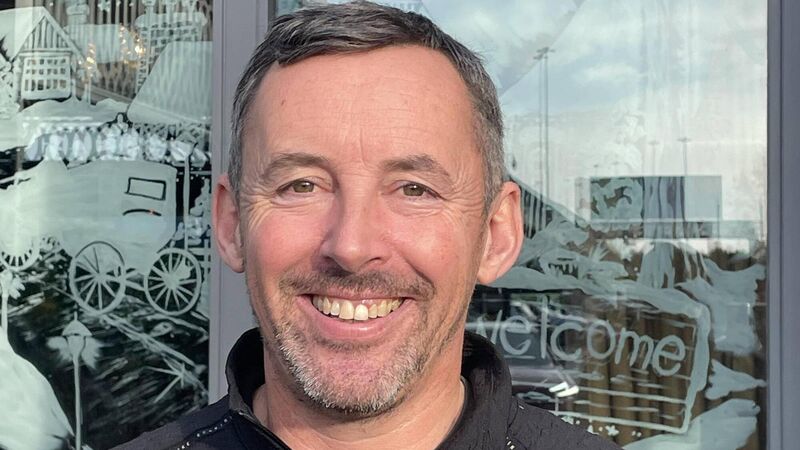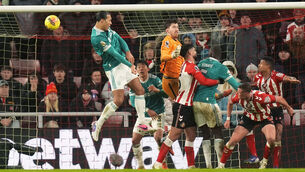Dermot Usher on Cork City bid: 'There won’t be any fancy slideshows. I consider myself a football fan'

PITCH: Dermot Usher hopes to take control of Cork City FC.
The Greatest Show on Earth is usually an ideal ice-breaker, especially when the introduction is football related.
“Who’s taken your fancy so far at the World Cup?” inquires your reporter by way of opening our meeting.











